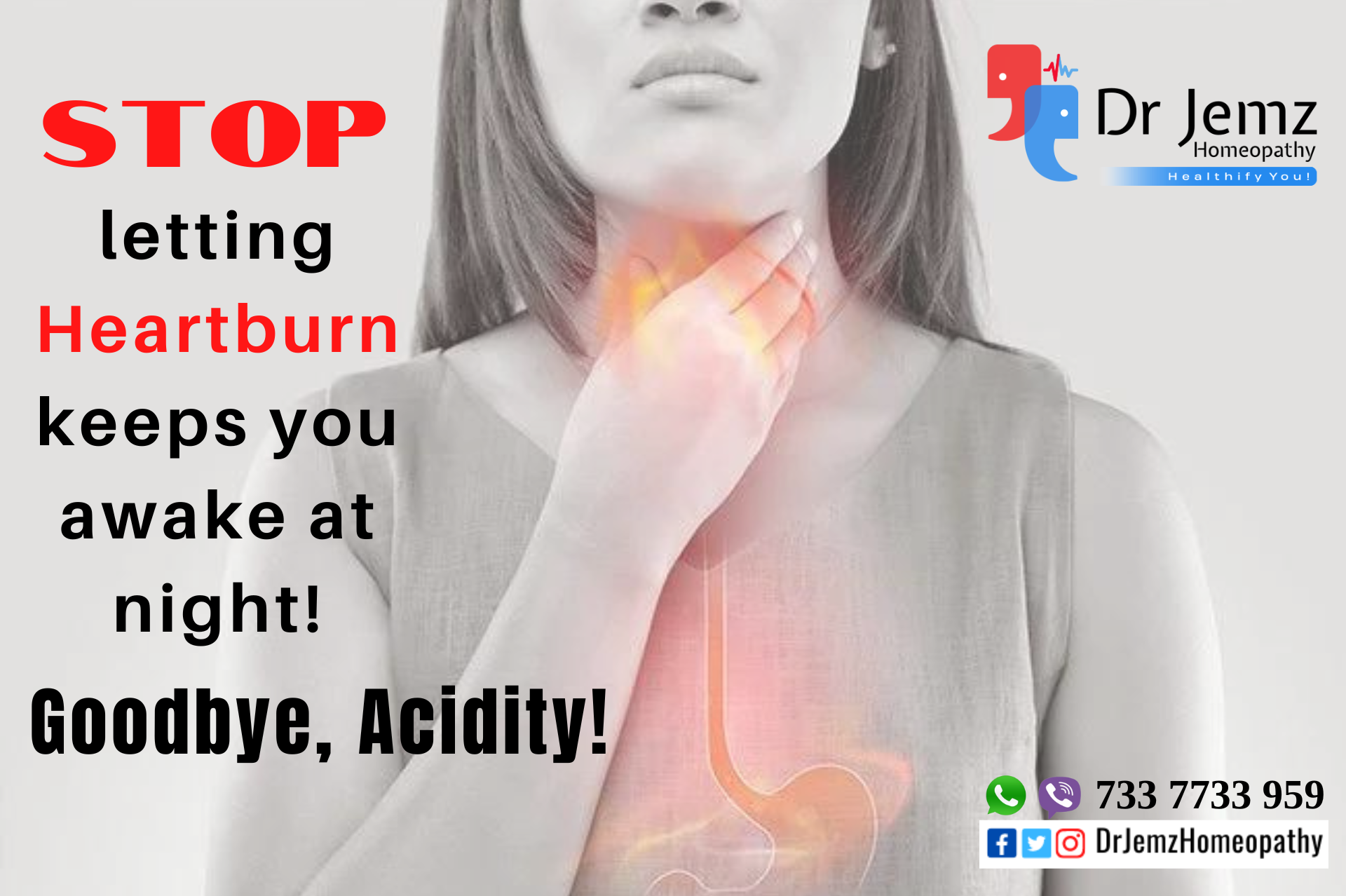WHAT DOES GERD REFERS TO?
Gastro esophageal reflux disease (GERD) is a digestive disorder which occurs when acidic contents of the stomach repeatedly recede into the esophagus which is present as a tube between mouth and stomach.
In simple,
Gastro esophageal refers to stomach and esophagus; and, Reflux refers to flow back.
GERD is a normal phenomenon in newborns. Acid from the stomach flows back into the esophagus in all newborns.
GERD is mostly a dysmotility issue. It has to do with how the stomach produces acid, which then refluxes or regurgitates back into the esophagus. The majority of GERD patients do not overproduce stomach acid. Reflux of stomach acid into the esophagus is the underlying issue, and erosions might eventually result from acid contact with the esophageal mucosa's delicate tissues.
Meals/food is a very significant stimulator of acid secretion during the day, and in certain patients, acid reflux may be a contributing factor as a result of the distension of the stomach brought on by food. This is especially crucial during the night hours when esophageal motility and salivary flow are decreased but acid production continues. It's easier for the stomach acid to reflux back into the esophagus when lying flat. This may result in patients experiencing nightly symptoms, such as heartburn or regurgitation that keeps them awake during the night.
The symptoms of reflux, erosive esophagitis, and long-term consequences may have a significant negative impact on everyday activities, productivity at work, sleep, and quality of life.
LET’S KNOW WHAT CAUSES GERD:
In normal digestion, lower esophageal sphincter (LES) which acts as a door between stomach and esophagus opens to allow food into the stomach and then closes to stop food and acidic contents returning back into esophagus.
But when this mechanism gets disturbed and occurs frequently due to weak or inadequate closure of LES, then it leads to GERD.
KNOW THE RISK FACTORS:
- Obesity
- Pregnancy
- Hiatal hernia
- Connective tissue disorder like scleroderma
- Autoimmune disease like eosinophilic esophagitis
WHAT TRIGGERS GERD:
Smoking, alcohol, coffee, fried/fatty foods, certain medications, eating late at night, having large meals, emotional stress provoke GERD and aggravates.
LET’S KNOW THE INDICATORS:
- Heart burn (burning sensation in chest) which gets aggravated after eating, night, lying down
- Upper abdomen pain or chest pain
- Difficulty in swallowing
- Sour regurgitation
- Sensation of lump in throat
- Nausea, vomiting, bad breath
- Trouble breathing
- Dental corrosion
Extra esophageal symptoms include:-
- Ongoing cough
- Laryngitis
- Asthma (new or worsening)
- Sleep disturbances
HOW IT CAN BE DIAGNOSED?
Diagnosis is made when typical symptoms are present. Esophageal PH monitoring, upper endoscopy confirms diagnosis of GERD
MODIFY YOUR LIFE STYLE TO RELIEVE GERD
This includes
- Eat slowly, chew your food completely and swallow
- Avoid eating 3 hours before bed
- Keep away from smoking and alcohol
- Avoid foods and beverages which triggers e.g., fatty/fried/spicy foods, coffee etc.
- Maintain ideal body weight
- Wear loose clothes which doesn’t tighten your waist
- Elevate your head of bed to prevent reflux during sleep
HOMEOPATHY CAN HELP:
Homeopathic medicines, which are safe and natural with no known side effects, give you relief and comfort from your troublesome symptoms of GERD, as it is a symptomatic and individualization based medicine.
Homeopathic medications help you to improve your quality of life, sleep and help you to enhance your work productivity that were affected with the bothersome symptoms of GERD.
GERD can be cured with integration of Homeopathy along with life style changes. Some of the homeopathic medicines include Robinia, Sulphuric acid, Iris versicolor, Natrum phos, Nux vomica etc.
People always misinterpret heartburn pain for heart disease pain, there are differences. So always seek medical help if you have any chest pain.

